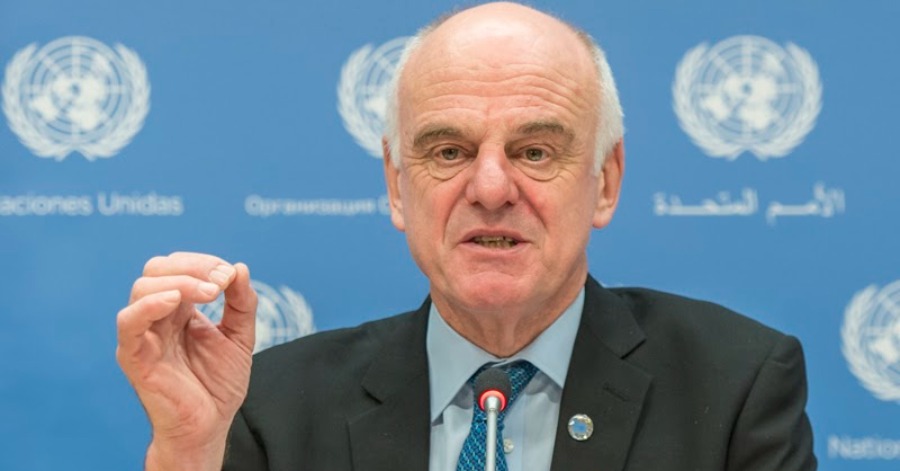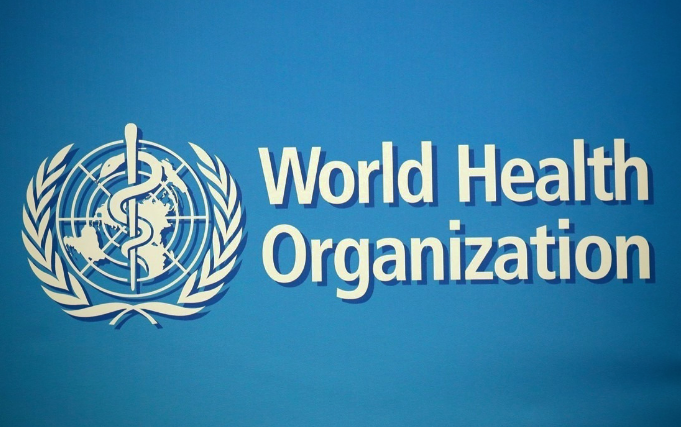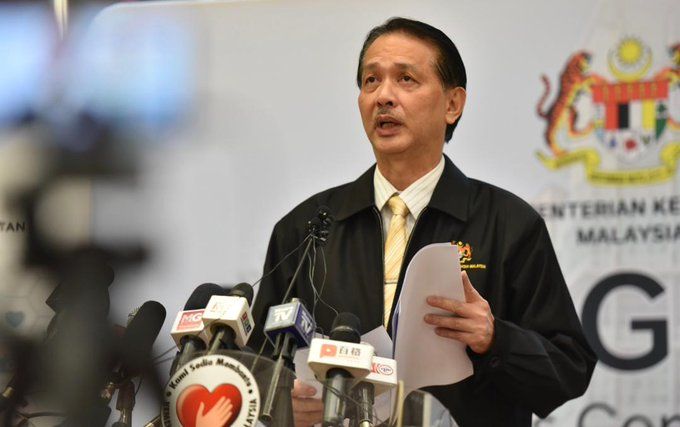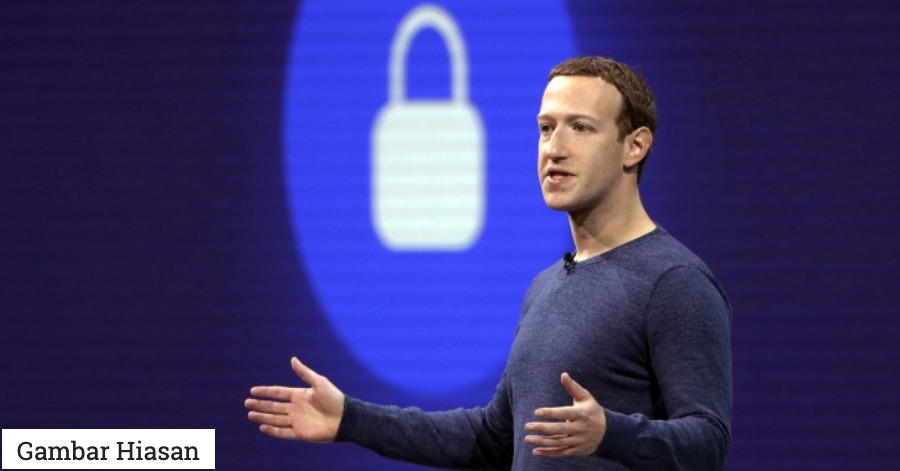The World Health Organization (WHO) does not encourage world leaders to enforce lockdowns in their respective countries as the primary option to curb the spread of COVID-19.
This was stated by the WHO envoy, Dr. David Nabarro in an interview with The Spectator recently said, such restrictive measures should be seen as a last resort.
“We in the World Health Organization do not advocate lockdowns as the primary means of control of this virus,” said Nabarro.
“The only time we believe a lockdown is justified is to buy you time to reorganize, regroup, rebalance your resources, protect your health workers who are exhausted, but by and large, we’d rather not do it,” he added.
Nabarro also stated that strict controls can have a detrimental effect, especially on the world economy.
“Lockdowns just have one consequence that you must never ever belittle, and that is making poor people an awful lot poorer,” he said.
He also stated that the curfew order would affect countries that depend on the tourism sector.
“Just look at what’s happened to the tourism industry in the Caribbean, for example, or in the Pacific because people aren’t taking their holidays,” Nabarro continued.
“Look what’s happened to smallholder farmers all over the world. Look what’s happening to poverty levels. It seems that we may well have a doubling of world poverty by next year. We may well have at least a doubling of child malnutrition.”
The WHO previously advised countries around the world not to implement an immediate curfew when hit by the first wave of COVID-19.
“The last thing any country needs is to open schools and businesses, only to be forced to close them again because of a resurgence,” said Director-General Dr. Tedros Adhanom Ghebreyesus.
Instead, Tedros urged countries around the world to take other measures such as conducting large-scale screening tests and contact detection so they could safely reopen and avoid future lockdowns.
CORONAVIRUS: Doctor David Nabarro of the World Health Organization calls on world leaders to not use lockdowns as their 'primary control method' for the pandemic
— The Spectator Index (@spectatorindex) October 11, 2020
Source: New York Post, The Spectator, The Spectator Index









Leave a Comment